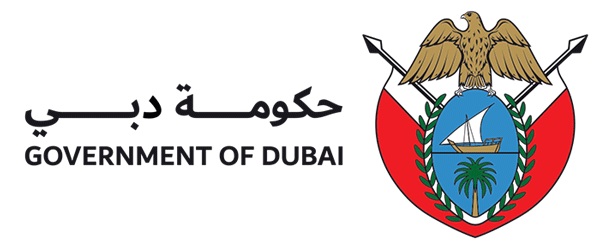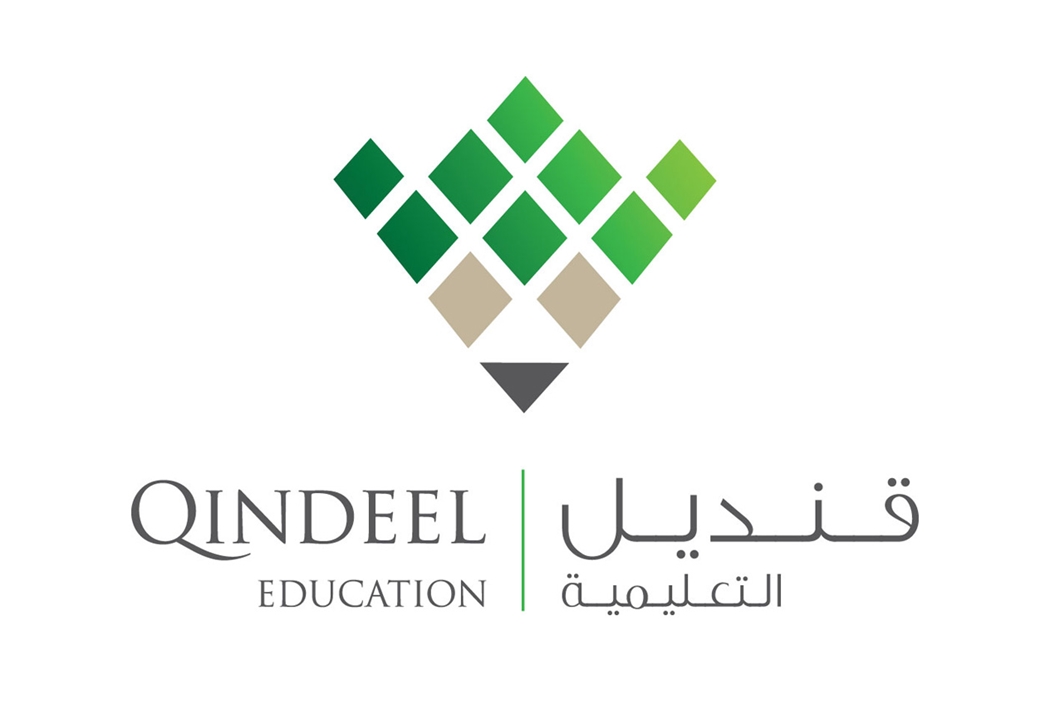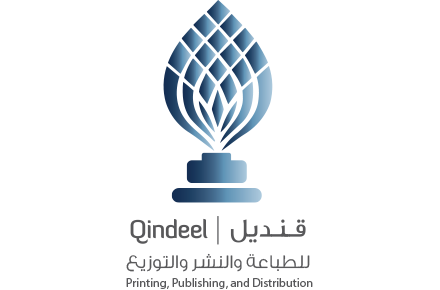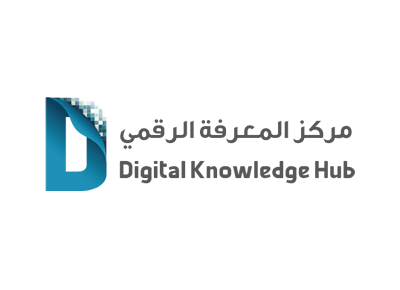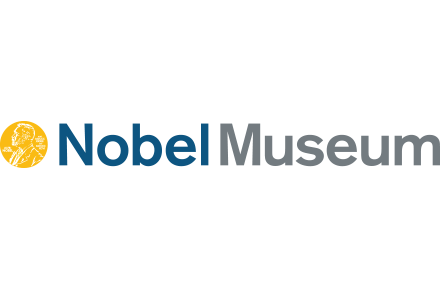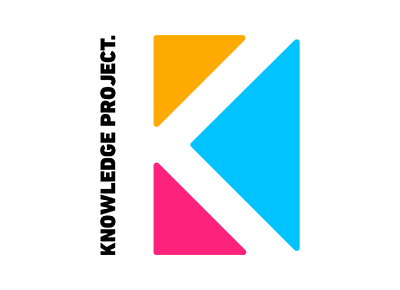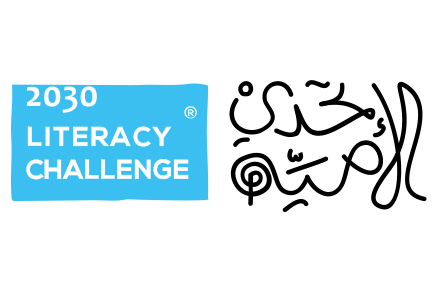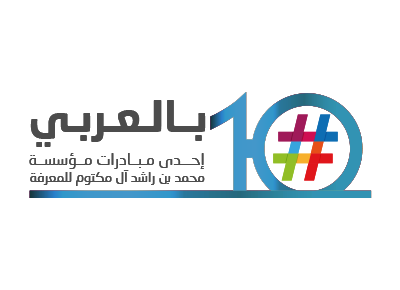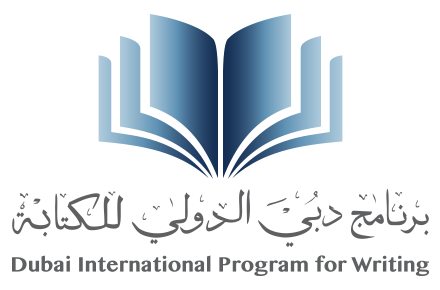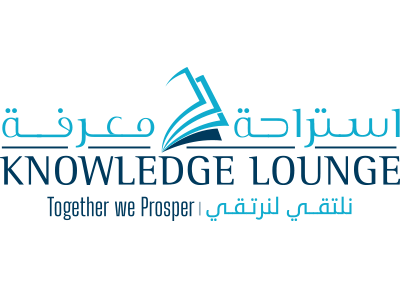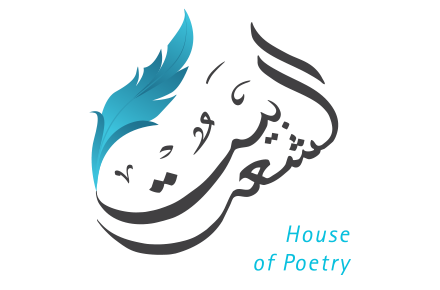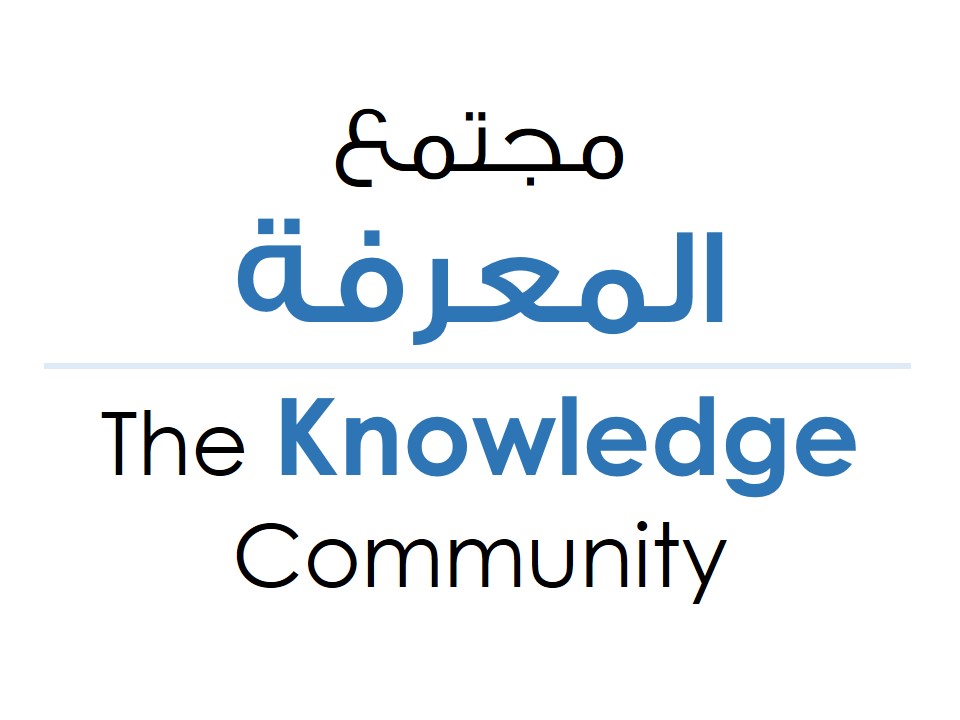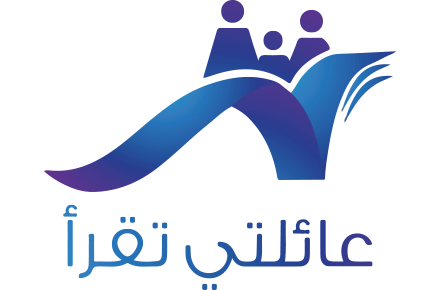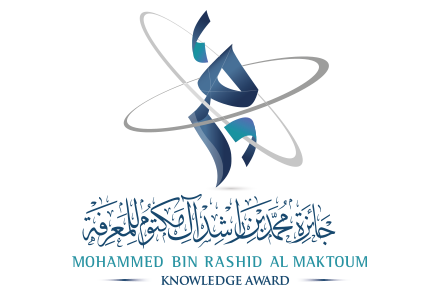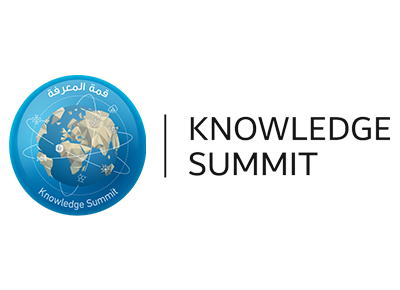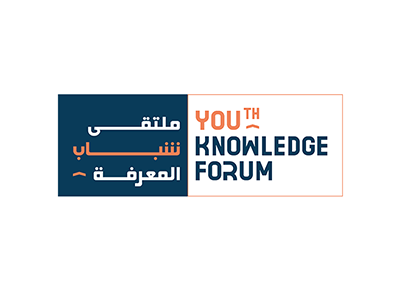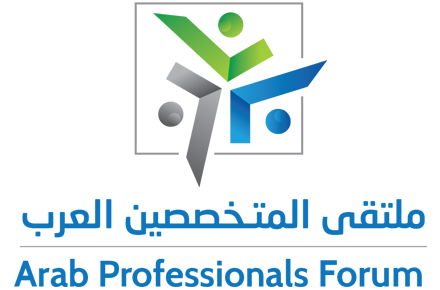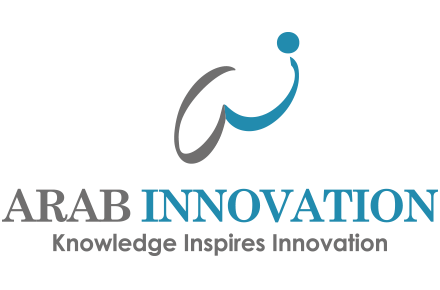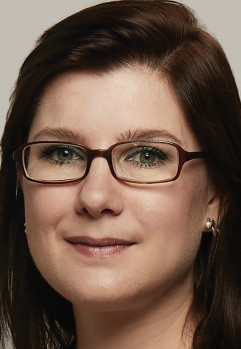The Impact of Blockchain in Knowledge Transfer
I work at The Linux Foundation, which was established 19 years ago to promote the market infrastructure of open source platforms and codes across all major industries. We have implemented projects that you might have heard about, such as Automotive Grade Linux (AGL), an open source project that has been integrated into most BMW cars. We have also developed a cloud computing platform called Kubernetes that is integrated into most software services provided today, and Let’s Encrypt, an international accreditation body that certifies the security of software and websites for free.
Two years ago, speaking with key members and officials, our CEO said the following: We at the Foundation promote open source platforms and help other foundations to develop them. Our model does not fit Bitcoin but the basic technology is interesting and this knowledge is important. Bitcoin and blockchain are not the same. Cryptocurrency and blockchain are not the same.
Our Foundation has developed Hyperledger, a global and collaborative open source programming community, which is developing cross-industry blockchain technologies that will be of enormous benefit to enterprises.
The Foundation’s goal is to develop the basic codes and frameworks for distributed ledger and enterprise- level open source platforms. Such platforms support commercial transactions, provide community- oriented, open and balanced infrastructure, build technical communities, educate the public, and more importantly, strengthen our community among other communities.
In short, we are all about open source development. From a small base, we have grown exponentially and now count 890 members, including Intel, Deloitte and others, and major brands such as J.P. Morgan, Wells Fargo, and companies like Monax and other startups.
We have seen a big increase in membership from China and Asia Pacific—they now compose 40 percent of members. The Monetary Authority of Singapore and the Bank of England are members. Our membership is broad and we are happy about that. The question we face now is: what is blockchain and how it will contribute to the advancement of knowledge?
Blockchain can be viewed as the tradeoffs that we make when we begin to cooperate and interact with each other, where we have to develop both the content and form of the data we share—from trying to write on the sand and rocks to printed records and papers.
Today, we have moved into the digital space. In the digital world, where there is more than a real copy, the challenge is to determine which versions are real and agree with each other. Next comes the role of the internet, which is a great treasure for humanity. On the internet, everyone can publish and claim that their version is the real one, which poses a challenge.
In response, we have begun to find a mechanism for reaching consensus and agreement in a mathematically sound way that avoids conflict. Thus, we have developed the blockchain technique. This is different from the Bitcoin digital currency or ‘cryptocurrency.’ Blockchain provides us with an open source network that transcends all borders in a fast, secure and encrypted manner. It represents a decentralized way to reach consensus on transactions and information relating to the transfer of assets between us. These assets may be anything and may relate to the transfer of data or even vehicles among persons.
One of blockchain’s hallmarks is that it achieves confidence and transparency. Any information that you place in the block connects to the previous block. What is important here is that if I want to change any information, I can tell everyone about that change.
Blockchain is transforming the world of knowledge transfer through various applications. For example, it has enabled the creation of a company that allows musicians to request and claim their copyrights. Using the Hyperledger Sawtooth framework that we developed, the musician can claim their rights for every exploitation of their musical works. Another example relates to academic certificates and reputation. Universities can enter certificates and grades in the blockchain and collaborate with governments and students to create a blockchain-embedded academic reputation system that can be shared across borders and across a distributed ledger.
Another thing we can do is reuse research i.e. to insert each research study in the blockchain so that research topics are counted and reused as needed, creating a solution to the problem of how to reuse the studies.
Of course, investments should be made in technology but many of these open source technologies do not need to be converted. Yes, it is a technology but all you need is expertize in computer science.
We run an intensive course that teaches open source principles on the website www.hyperledger. org. The course is offered for free so everyone is free to take advantage of it and to review it. We have working groups on specific topics to which everyone can subscribe. For example, there are healthcare work groups and working groups for smartphones. We have a beginners- level course. We have an active blog. One of our most important activities are our forums, including one in Dubai, which provide an opportunity to speak about blockchain and everything related to it.
Dr. Marta Piekarska serves as the Director of Ecosystem at
Hyperledger. Prior to Hyperledger, she worked as a Security Architect
at Blockstream.
Dr. Piekarska obtained her BSc in Electrical and Computer Engineering from Warsaw University of Technology and double Master’s Degrees of Computer Science and Informatics from the Technical University of Berlin and Warsaw University of Technology. She recently received her PhD in User-Informed Design of Privacy Tools. Previously, she was associated with Deutsche Telekom as the Lead Architect on the Future of Mobile Privacy, a collaboration with Mozilla and Deutsche Telekom improving Firefox OS.

